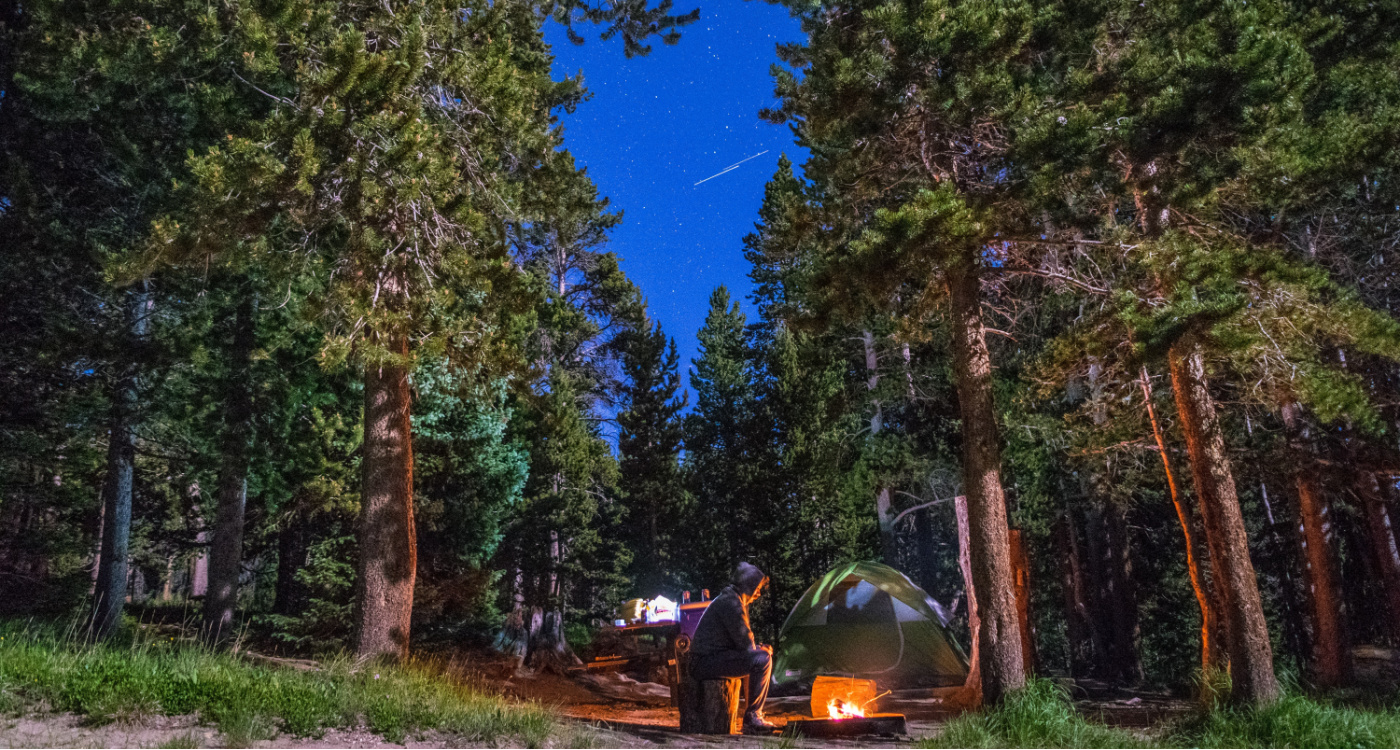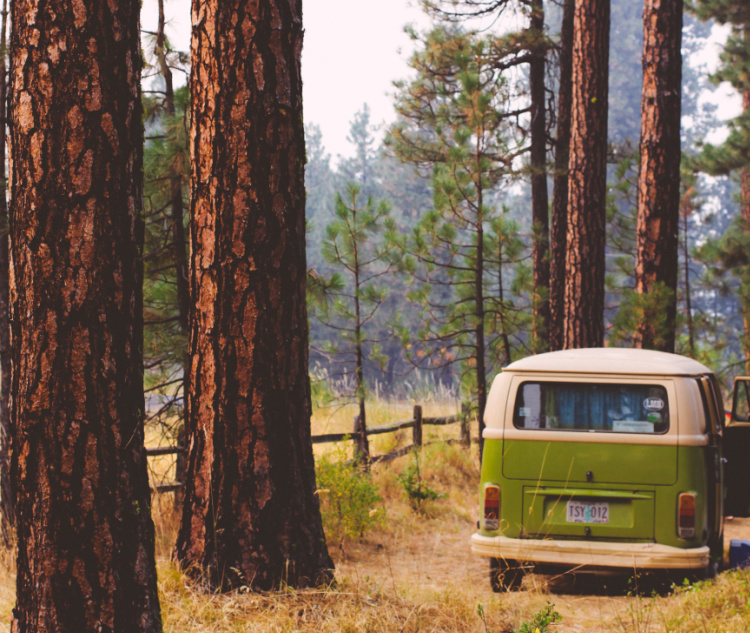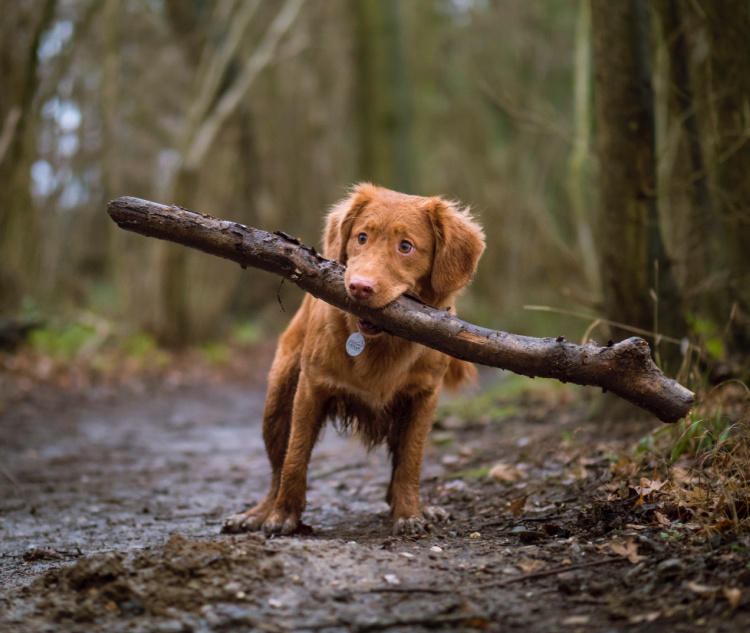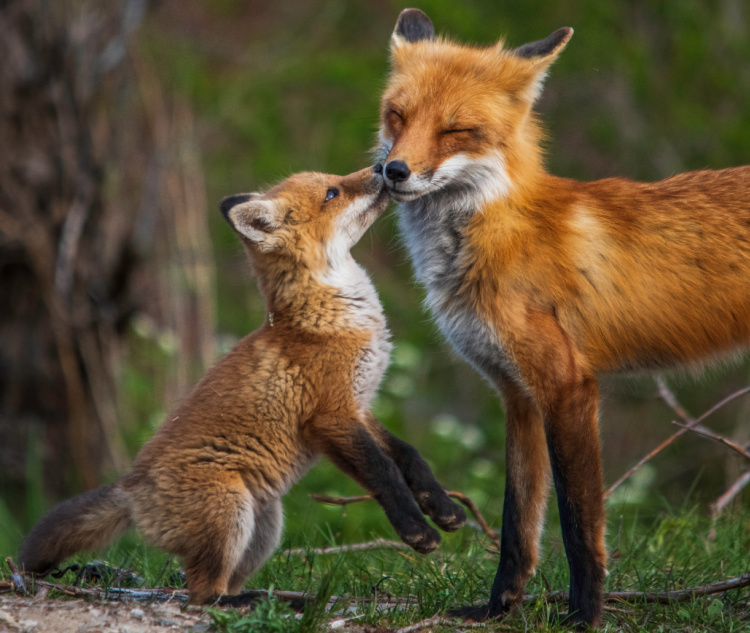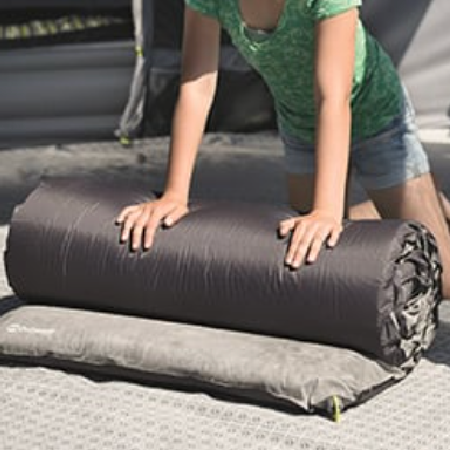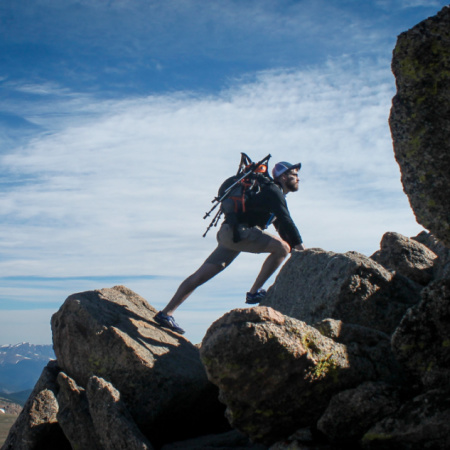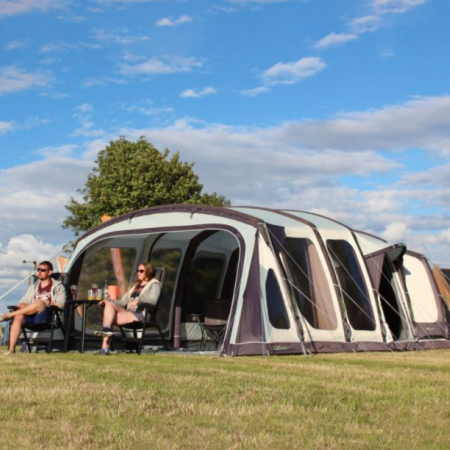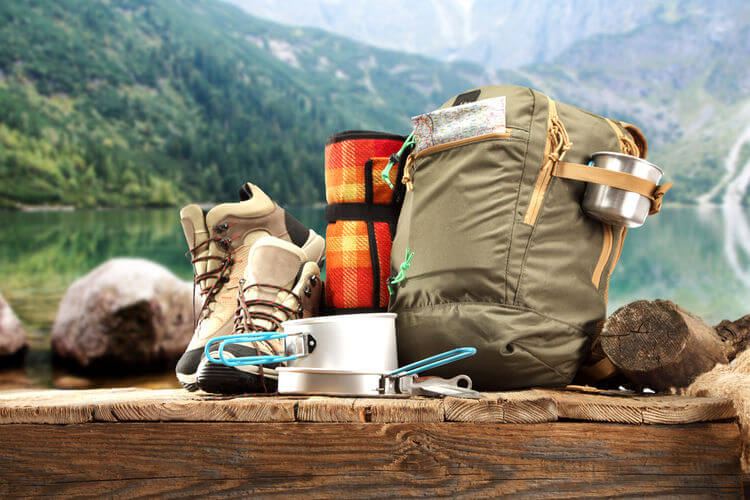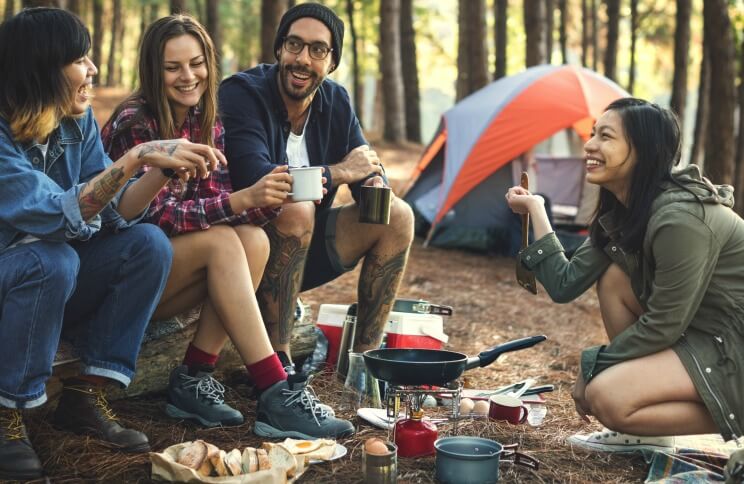With this summer seeing record temperatures across the UK and ever increasing talk about the degradation of the environment, more and more campers are seeking ways in which they can camp in a way that doesn’t damage the environment.
If you’re one of those campers then keep reading, as the Winfields Outdoors team sets out five easy ways you can become a more eco-conscious camper below.
1. Create as little rubbish as possible
Not only is rubbish and litter unsightly, but it can cause harm to flora and fauna too. Plus, the majority of litter that you tend to find around campsites and natural areas is packaging – which is made of plastic.
With plastic being made of oil, the more packaging you use, the more the environment is harmed.
As such, you should try and avoid bringing packaged items with you on your next camping trip.
In fact, where possible, you should bring your food and beverages with you in reusable containers. This will reduce the amount of potential litter you’ll be creating, as you’ll have less packaging material to get rid of. You should also consider using reusable utensils, tableware and cookware too.


